tl;dr
You are using a date-only type to hold a date-time value – trying to fit a square peg into a round hole.
How do I store Date + Time in a JDBC database and retrieve both?
To store a moment, a date-time value, use a date-time type:
TIMESTAMP WITH TIME ZONE in your database.Instant in Java.
You are using terribly confusing legacy classes. Use only java.time classes instead.
Databases vary
Databases vary widely in their date-time data types and their behavior. You do not specify your database, so we can only guess or abide by the SQL standard.
The SQL standard barely touches on the subject of date-time handling, unfortunately. The standard briefly defines:
DATE as a date-only value without time-of-day. - A
TIMESTAMP WITHOUT TIME ZONE is a date and a time-of-day, but lacks any concept of time zone or offset-from-UTC, so it does not represent actual moments.
- For actual moments, use
TIMESTAMP WITH TIME ZONE. That type name can be misleading as some implementations such as Postgres do not store a zone with the value, but instead use any passed zone information to adjust into a UTC value for storage.
java.time
You are using terrible old date-time classes from the earliest versions of Java. Those were supplanted in Java 8 and later by the java.time classes. Never use Date or Calendar again.
Generally best to think, work, store, log, and exchange date-time values in UTC unless specifically required by the business logic or user-interface. So generally you should focus on the Instant class. The Instant class represents a moment on the timeline in UTC with a resolution of nanoseconds (up to nine (9) digits of a decimal fraction). This class replaces java.util.Date.
Capture the current moment in UTC.
Instant instant = Instant.now() ; // Capture the current moment in UTC.
Store this Instant in a database column of SQL-standard type TIMESTAMP WITH TIME ZONE or whatever is akin to that in your particular database.
JDBC 4.2
As of JDBC 4.2 and later, you can directly exchange java.time objects with your database.
myPreparedStatement.setObject( … , instant ) ;
Retrieval.
Instant instant = myResultSet.getObject( … , Instant.class ) ;
Converting
If handed an obsolete XMLGregorianCalendar, immediately convert into java.time ZonedDateTime by way of the obsolete GregorianCalendar class.
ZonedDateTime zdt = myXmlGregCal.toGregorianCalendar().toZonedDateTime() ; // Convert from legacy classes to modern java.time class.
If you want to see that same moment in UTC rather than the wall-clock time used by the people of that particular region (time zone), extract an Instant.
Instant instant = zdt.toInstant() ; // Adjust from zoned moment to UTC. Same moment, same point on the timeline, different wall-clock time.
If you must inter-operate with old code not yet updated to java.time, you can convert back and forth. Tip: Try to stay within java.time as much as possible. The legacy classes are an awful mess of poor design.
java.util.Date myJavaUtilDate = java.util.Date.from( instant ) ;
And, going the other direction.
Instant instant = myJavaUtilDate.toInstant() ;
About java.time
The java.time framework is built into Java 8 and later. These classes supplant the troublesome old legacy date-time classes such as java.util.Date, Calendar, & SimpleDateFormat.
The Joda-Time project, now in maintenance mode, advises migration to the java.time classes.
To learn more, see the Oracle Tutorial. And search Stack Overflow for many examples and explanations. Specification is JSR 310.
You may exchange java.time objects directly with your database. Use a JDBC driver compliant with JDBC 4.2 or later. No need for strings, no need for java.sql.* classes.
Where to obtain the java.time classes?
The ThreeTen-Extra project extends java.time with additional classes. This project is a proving ground for possible future additions to java.time. You may find some useful classes here such as Interval, YearWeek, YearQuarter, and more.


